Gabrielle Union On Why “Birth of A Nation” Is Still Relevant + Talking To Step Sons About Racism
Gabrielle Union On “Birth of A Nation” & Racism
It’s no secret, “The Birth of A Nation” may have done better at the box office, had it not been plagued by a controversy surrounding Nate Parker. In a new interview with Harpers Bazaar, Gabrielle Union, who played Esther, admits she’s disappointed in how things played out. She also discusses motherhood, explaining racism to her stepsons why she failed to embrace her blackness growing up. Check out a few excerpts.
On the film:
This is something we all signed up for with this very specific goal. Black liberation. Black resistance from the perspective of a sexual assault survivor. And we don’t even get to talk about that. Maybe the next slave narrative, I’ll have a little more control.
On what attracted her to the film:
I just read it like: We’re fighting back. We’re not taking it. We don’t need Brad Pitt to come save us. And we’re badasses. And like, f*ck. All. Y’all. It’s on.
On if she feels like the film is still relevant today:
Nothing has changed. The venom has not lessened. Just being black has long been cause enough for vilification. Add being a woman to the mix—particularly in light of the election results, which has given us a president who ran an openly racist and misogynistic campaign—and it’s a straight garbage fire.
I think what I was left with aside from it not changing how [white] people feel about blackness, is also how we look at sexual assault.
On being a stepmother to her husband Dwayne Wade three boys and nephew:
It was an unexpected gift but probably the biggest thing that changed me.
On how her boys get overlooked at school for the “Justin Beiber” type:
So much of their issues with skin color have to do with who girls choose, and if you’re going to a school where there aren’t that many black girls, A) you’re already further down on the totem pole, and they’re like, ‘We’ve got TWO famous parents, this should really be helping us pull chicks! But nope? Nothin’? Nobody?'” [The popular girls at their school in Chicago are choosing] “the Bieber looking” boys.
On why she didn’t embrace her “blackness” growing up:
When we were their age, we weren’t anybody’s standard of beauty. When I was your age, I didn’t love my skin color, I didn’t love my lips. I didn’t love my nose, I didn’t love my hair. I didn’t love anything. I didn’t love my body. Because no one was choosing me—my self-esteem was determined by somebody choosing me.
On trying to minimize her blackness as a teenager:
I used to curl my lips [pressing her lips together to demonstrate.] And I see pictures and I look insane, but it was me trying to minimize my blackness. It all boiled down to: I need some fool to choose me and then I can be okay with being brown.
On not sugar coating racism to her stepsons:
They have their own phones. They see the viral videos of police killing unarmed young black men. They ask logical questions/ and there’s no rhyme or reason—you can’t make your children feel any safer by saying it was just random. Just their physical presence puts them in danger because their blackness has been criminalized.


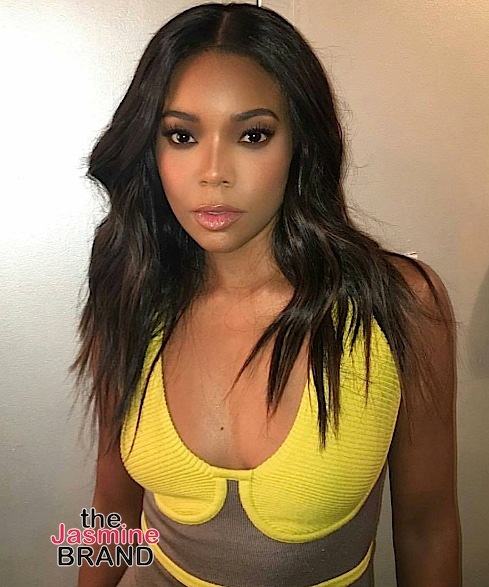
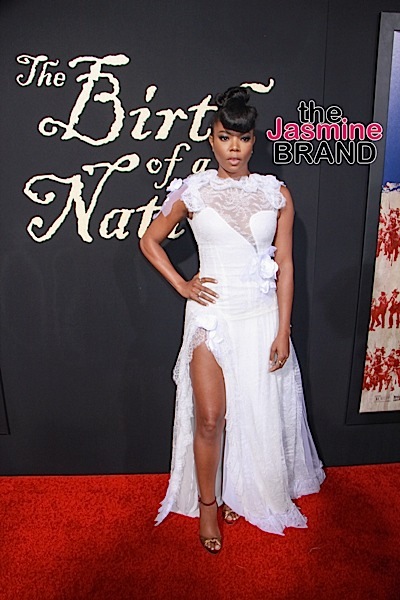
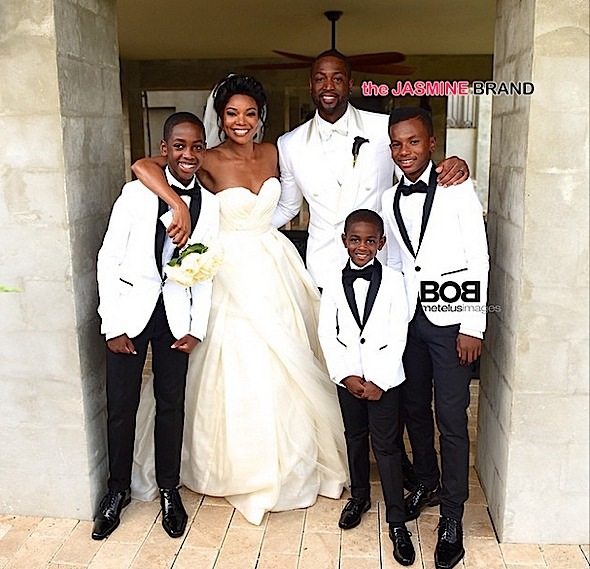
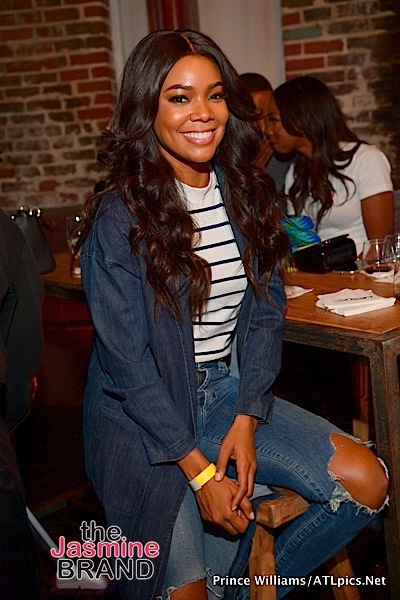
 Previous Article
Previous Article Next Article
Next Article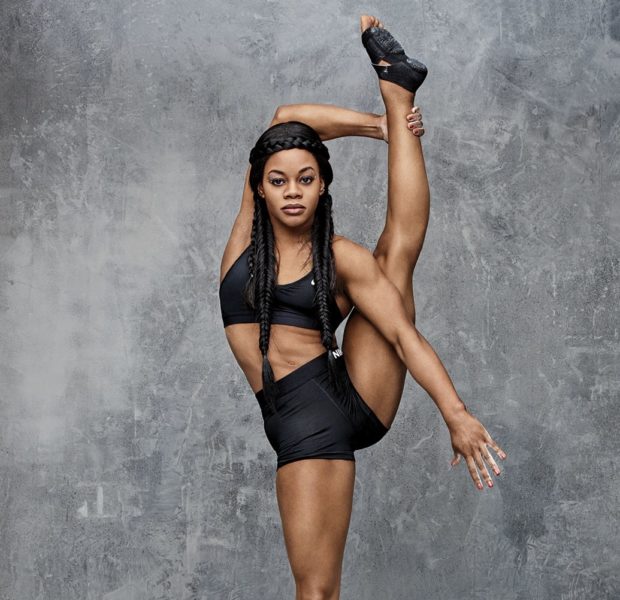 Gabby Douglas: “I don’t have to apologize to anyone about my body. My body is beautiful.”
Gabby Douglas: “I don’t have to apologize to anyone about my body. My body is beautiful.” 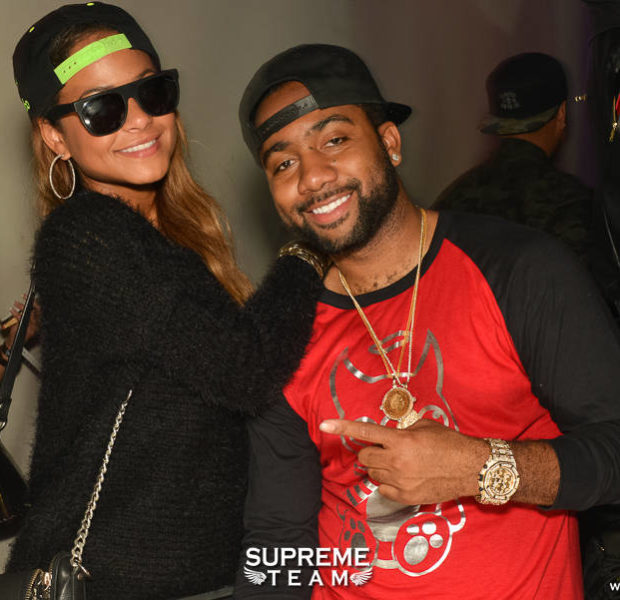 Did Jas Prince Cheat on Christina Milian? Singer Hints Ex Fiance Was Unfaithful
Did Jas Prince Cheat on Christina Milian? Singer Hints Ex Fiance Was Unfaithful 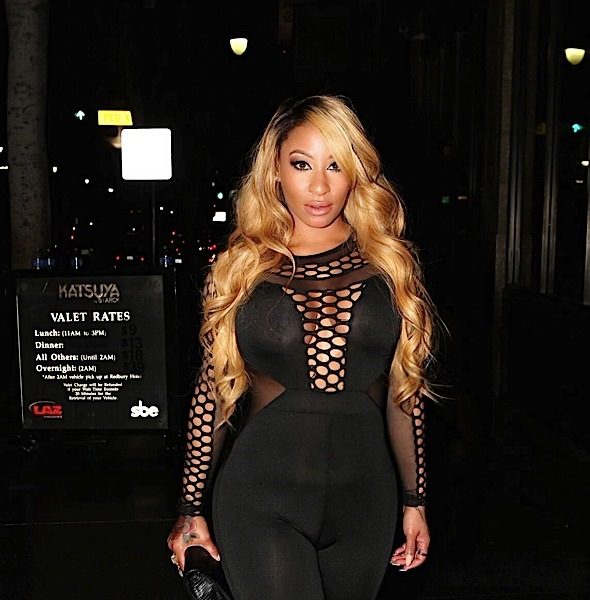 Reality Star Hazel-E Quits Love & Hip Hop Hollywood: I’m not desperate!
Reality Star Hazel-E Quits Love & Hip Hop Hollywood: I’m not desperate! 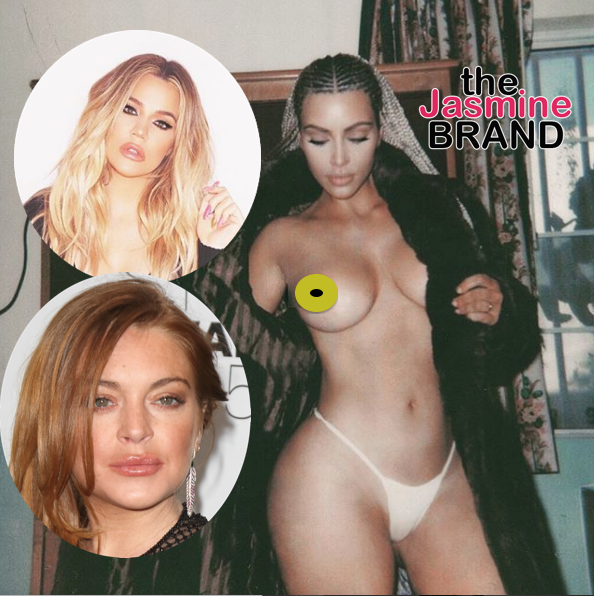 Khloe Kardashian Co-Signs Kim K’s Topless Shoot + Approves Of Her Dragging Lindsay Lohan
Khloe Kardashian Co-Signs Kim K’s Topless Shoot + Approves Of Her Dragging Lindsay Lohan 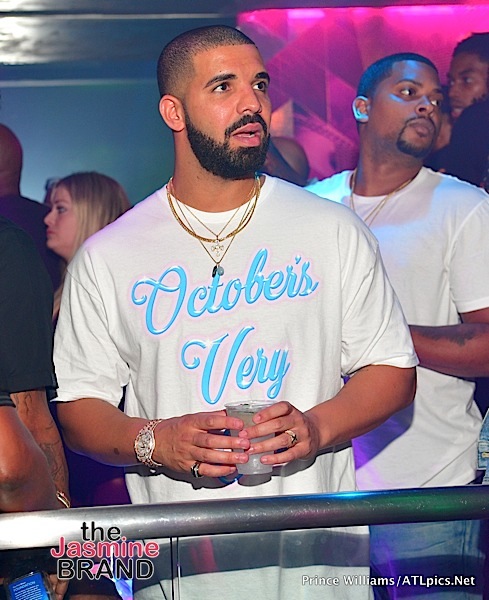 Drake Won’t Win Any Grammys For ‘More Life’ Album
Drake Won’t Win Any Grammys For ‘More Life’ Album 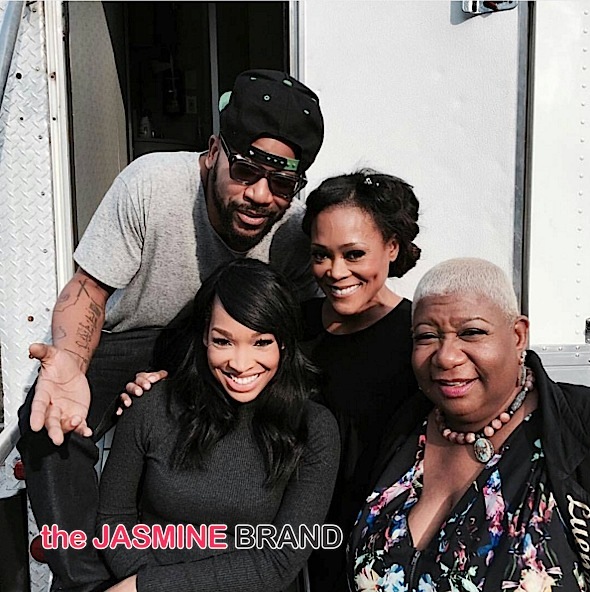 Columbus Short & Robin Givens On Set, Drake Gets Flirty With Reporter + Tiffany Pollard, Benzino, Zoe Kravitz, James Wright Chanel
Columbus Short & Robin Givens On Set, Drake Gets Flirty With Reporter + Tiffany Pollard, Benzino, Zoe Kravitz, James Wright Chanel 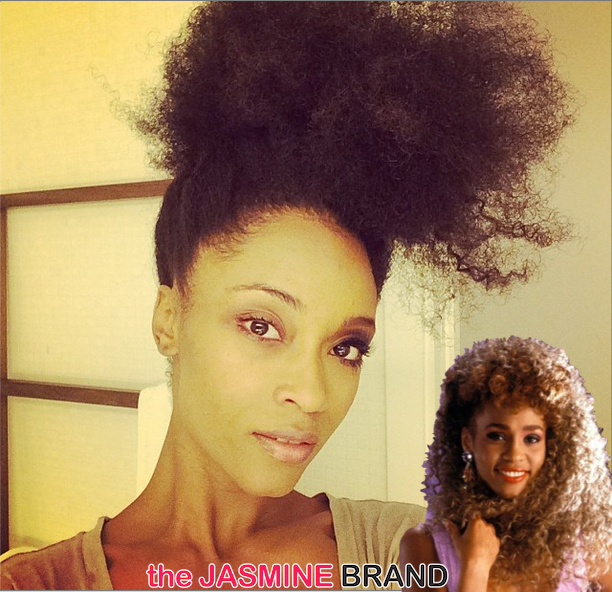 Former Top Model Yaya DaCosta to Play Whitney Houston
Former Top Model Yaya DaCosta to Play Whitney Houston ![Amber Rose Takes Her Shirt Off For SlutWalk Announcement [Photo]](https://thejasminebrand.com/wp-content/uploads/2018/06/Screen-Shot-2018-06-05-at-10.10.58-AM.png) Amber Rose Takes Her Shirt Off For SlutWalk Announcement [Photo]
Amber Rose Takes Her Shirt Off For SlutWalk Announcement [Photo]